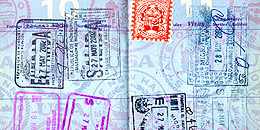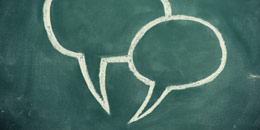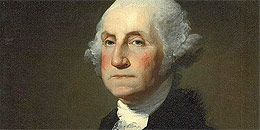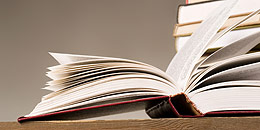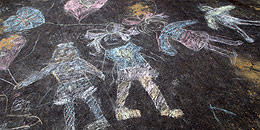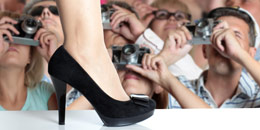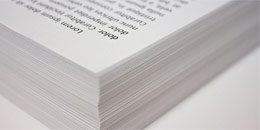Pollux
Member
Basically just what the thread title says...what books would you recommend to someone who is interested in a particular area of study? What books do you consider "required reading" for a certain area? Hopefully this thread can take off, if it does I'll keep the OP updated and will organize the books by category and put links to amazon so people who are interested can look into purchasing them. I'll put the categories, and then the books within the categories in alphabetical order so it'll make it easier for people to jump to topics they're interested in.
This could also potentially turn into a discussion thread where people can discuss the ideas that were discussed in the book they just read with others who are familiar with the topic.
This could be a good way for people who have always had a curiosity about a subject, but never really knew where to start, to finally take the jump.
If the book you're recommending fits in a category but could also be in a subcategory, post both when you recommend the book. E.G. There's the category of "Literature" but there are many different subcategories of literature -- Southern American Literature Post-Civil War, British Literature, African-American Literature, etc. Or There's the category of Philosophy and within the field of Philosophy there are different "schools of thought", When you post the book mention which school of though (sub-category) it would belong under.
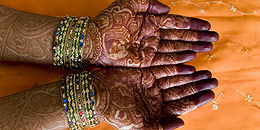
ANTHROPOLOGY
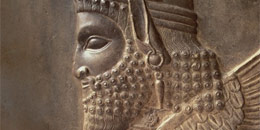
ARCHAEOLOGY

ART AND DESIGN
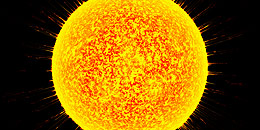
ASTRONOMY

BIOLOGY
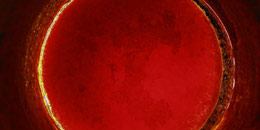
CHEMISTRY
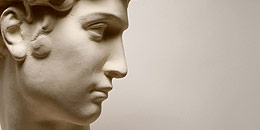
CLASSICAL STUDIES

COMMUNICATIONS

COMPUTER SCIENCE
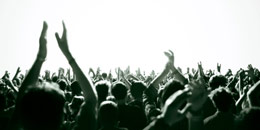
CULTURAL STUDIES
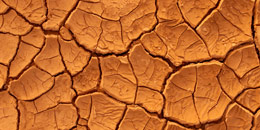
EARTH SCIENCES

ECONOMICS
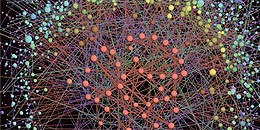
ENGINEERING

GEOGRAPHY & ENVIRONMENT
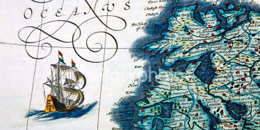
HISTORY
This could also potentially turn into a discussion thread where people can discuss the ideas that were discussed in the book they just read with others who are familiar with the topic.
This could be a good way for people who have always had a curiosity about a subject, but never really knew where to start, to finally take the jump.
If the book you're recommending fits in a category but could also be in a subcategory, post both when you recommend the book. E.G. There's the category of "Literature" but there are many different subcategories of literature -- Southern American Literature Post-Civil War, British Literature, African-American Literature, etc. Or There's the category of Philosophy and within the field of Philosophy there are different "schools of thought", When you post the book mention which school of though (sub-category) it would belong under.

ANTHROPOLOGY
- **The Third Chimpanzee: The Evolution and Future of the Human Animal. - Jared Diamond -- (Recommended by AAequal)

ARCHAEOLOGY
- **Will update section as titles are posted.

ART AND DESIGN
Art
- **The New Drawing on the Right Side of the Brain: A Course in Enhancing Creativity and Artistic Confidence - Betty Edwards -- (Recommended by antiwhippy)
Design
- **Cradle to Radle: Remaking the Way We Make Things - Michael Braungart -- (Recommended by travisbickle)
**Design as Art - Bruno Munari -- (Recommended by travisbickle)
**Experimental Layout (Design Fundamentals) - Ian Noble (Visual Design) -- (Recommended by travisbickle)
**Picture Perfect: Fusions of Illustration & Design - Ian Noble (Visual Design) -- (Recommended by travisbickle)
** Universal Principles of Design, Revised and Updated: 125 Ways to Enhance Usability, Influence Perception, Increase Appeal, Make Better Design Decisions, and Teach through Design - Kritina Holden and William Lidwell -- (Recommended by travisbickle)
**Visual Research (2nd ed.): An Introduction to Research Methodologies in Graphic Design - Ian Noble (Visual Design) -- (Recommended by travisbickle)
** Ways of Seeing - John Berger -- (Recommended by travisbickle)

ASTRONOMY
- **A Brief History of Time - Stephen Hawking -- (Recommended by Zebra)
**Cosmos - Carl Sagan -- (Recommended by Zebra)

BIOLOGY
Evolutionary Biology
- **Adaptation and Natural Selection. - George C. Williams -- (Recommended by AAequal)
**Endless Forms Most Beautiful: The New Science of Evo Devo - Sean Carroll -- (Recommended by AAequal)
**The Making of the Fittest: DNA and the Ultimate Forensic Record of Evolution - Sean Carroll -- (Recommended by AAequal)
**The Origin of Species - Charles Darwin -- (Recommended by MuseManMike)
**The Selfish Gene. - Richard Dawkins -- (Recommended by AAequal)
Cell Biology
- **Micrographia - Some Physiological Descriptions of Minute Bodies Made by Magnifying Glasses with Observations and Inquiries Thereupon - Robert Hooke -- (Recommended by WeeBey)

CHEMISTRY
- **Will update section as titles are posted.

CLASSICAL STUDIES
Ancient Greek Literature
Ancient Greek Philosophy
- **Will update section as titles are posted.
Roman History
- **The Annals of Imperial Rome - Tacitus -- (Recommended by zmoney)
**The Twelve Caesars - Suetonius -- (Recommended by zmoney)
Roman Philosophy
- **De Oratore (About the Orator) - Cicero -- (Recommended by MuseManMike)
**De Rerum Natura (About the Nature of Things) - Lucretius -- (Recommended by MuseManMike)
**On Benefits (Philanthropy) - Lucius Seneca -- (Recommended by Mumei)

COMMUNICATIONS
- **Will update section as titles are posted.

COMPUTER SCIENCE

CULTURAL STUDIES
Middle Eastern
- **The Middle East: A Brief History of the Last 2,000 Years - Bernard Lewis -- (Recommended by zmoney)
**Orientalism - Edward Said -- (Recommended by MuseManMike)

EARTH SCIENCES

ECONOMICS
- **Seven Deadly Innocent Frauds of Economic Policy - Warren Mosler -- (Recommended by empty vessel (free copy of book in his recommendation))

ENGINEERING
- **Will update section as titles are posted.

GEOGRAPHY & ENVIRONMENT
- **Will update section as titles are posted.

HISTORY
English History
- **The Ends of Life: Roads to Fulfillment in Early Modern England - Keith Thomas -- (Recommended by Salazar)
Historiography
- **The Idea of History - R. G. Collingwood -- (Recommended by udllpn)
**What Is History? - Edward Hallet Carr -- (Recommended by udllpn)
Intellectual History
- **Bread and Circuses: Historical Sociology and Political Pluralism - Paul Veyne -- (Recommended by Mumei)
**Flesh in the Age of Reason: The Modern Foundations of Body and Soul - Roy Porter -- (Recommended by Salazar)
**A History of the Modern Fact: Problems of Knowledge in the Sciences of Wealth and Society - Mary Poovey -- (Recommended by Salazar)
**The Intellectual Life of the British Working Classes: Second Edition - Professor Jonathan Rose -- (Recommended by Salazar)
**Largesse (Parti Pris (Reunion Des Musees Nationaux (France)).) (Philanthropy) - Jean Starobinski -- (Recommended by Mumei)
World History


